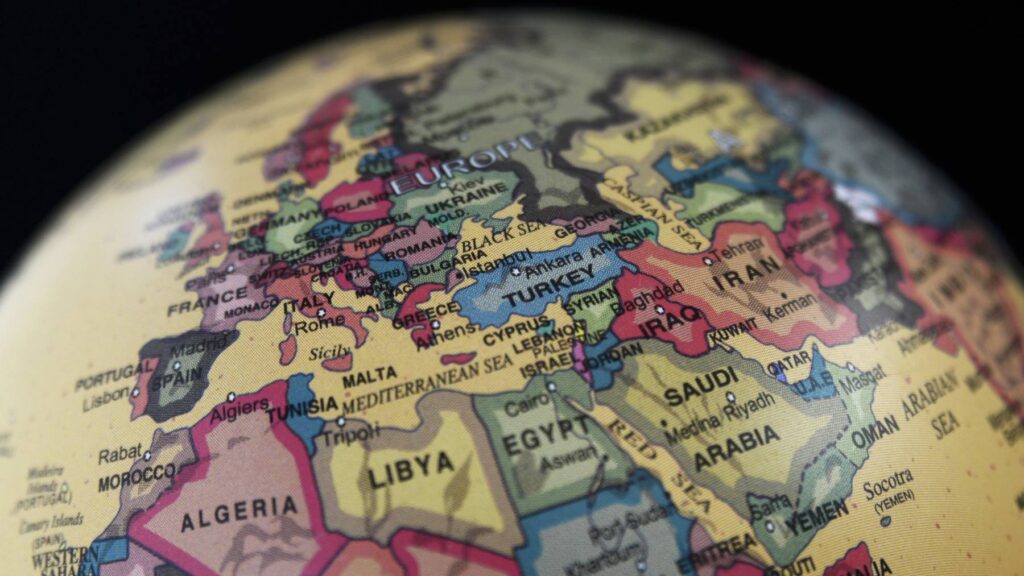Middle Power Politics in the Middle East

This research initiative explores middle powers in the Middle East by studying the varying levels of material power, behavioral aspects, and ideational characteristics of six regional middle powers, namely Turkey, Iran, Egypt, Algeria, Israel, and Saudi Arabia, as well as other aspiring middle powers, such as Qatar and the United Arab Emirates. It focuses specifically on the conception of middle powers in the context of the Middle East, the causes and consequences of the rise and decline of middle powers in the region, the nexus between domestic politics and foreign policy of middle powers, their self-perceptions as global middle powers and regional superpowers, and shifting alliances and tensions with great powers and with each other. Addressing these and other similar topics will help fill gaps in the burgeoning literature on the international relations of the Middle East, and particularly on middle power politics. This research project addresses an increasingly important but largely understudied topic in Middle Eastern studies.


